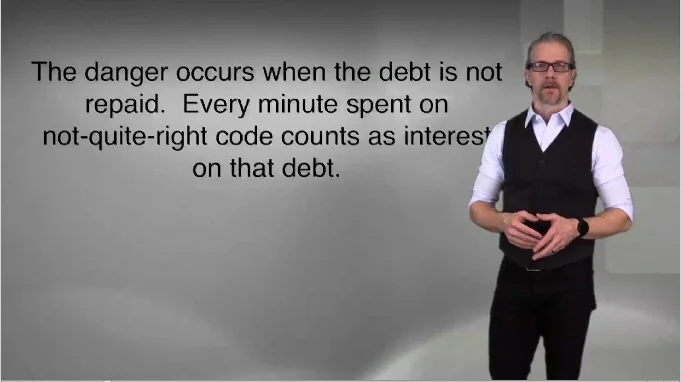For Immediate Release
Atlanta’s Nerd/Noir announces collaboration with Chicago’s CTO2 to present a workshop for software development teams.
March 2, 2016 - Atlanta, Georgia
Nerd/Noir presents Doc Norton’s workshop on Collaborative Decision Making at TechSquare Labs, April 14, 2016.
This creative collaboration workshop provides tools that address such issues team alignment, task prioritization, and complex team processes.
Even high functioning teams occasionally have a hard time making decisions or coming up with creative ideas. There are times when the conversation seems to drag on long after a decision is reached. There are times when too many people are involved in the discussion or the wrong people involved. There are times when a team is not sure who's the actual decision maker. And there are those times when team members just seem to be out of synch with each other.
This workshop is designed to be truly experiential. Rather than discussing topics, teams are quickly introduced to a concept and then spend time working together using the techniques they’ve learned. As the workshop progresses, teams have an opportunity to utilize the tools they learned earlier in the workshop and see how these techniques can be used together in various ways. At the end of the workshop, teams will have addressed a number of different challenges that are common to all of our work lives.
About CTO2 - Founded in Chicago in 2015, CTO2 helps organizations create intentional cultures and structures optimized for sustainable software delivery. With over 40 years of combined experience in software delivery process, tools, staffing, and retention across a wide range of industries, CTO2 is uniquely qualified to help companies face the challenge of growing technology teams whilst maintaining a healthy and vibrant culture. Doc Norton, Founder and CEO, is passionate about working with teams to improve delivery and build great organizations. Once a dedicated code slinger, Doc has turned his energy toward helping teams, departments, and companies work better together in the pursuit of better software. Working with a wide range of companies such as Groupon, Nationwide Insurance, Belly, and many others, Doc has applied tenants of agile, lean, systems thinking, and servant leadership to develop highly effective cultures and drastically improve their ability to deliver valuable software and products. For more information, please visit www.wearecto2.com
About Nerd/Noir - Founded in Atlanta in 2015, Nerd/Noir serves teams already on the agile path looking to master the art and science of product design and software development. Nerd/Noir offers full stack agile/lean coaching and workshops, mindfully tailored to achieve measurable outcomes. Co-founder David Laribee has over 20 years experience as a player-coach and builder of high-performing agile teams. His partner, Alexandra West brings a 20-year background in fine art, film and design to the mix. Together with their canine mascots, Roxy and Señor, they can be found scouring Atlanta for the beautiful, unusual and inspiring. For more information, please visit nerdnoir.com















